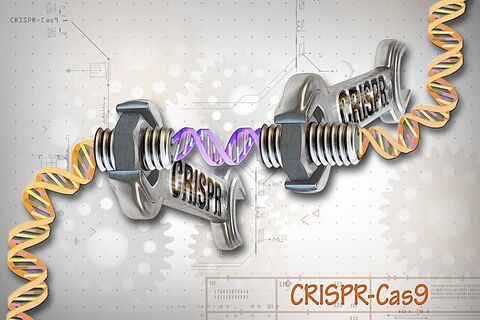
Nine-month-old KJ Muldoon made global headlines following a report in The New England Journal of Medicine, from Kiran Musunuru and Becca Ahrens-Nicklas and their team at Children's Hospital of Philadelphia and Penn Medicine. They used a highly precise form of CRISPR gene editing to correct a mutation – swapping out one DNA base for another – that lay behind the boy's inability to break down proteins in food.
Left unchecked, ammonia would have accumulated to toxic levels in KJ's bloodstream, which would have rapidly lead to organ failure and, ultimately, brain swelling and coma. He was hospitalized until he received the new treatment, kept on a very low protein diet.
The boy inherited one mutation from each parent, and so he couldn't produce a crucial enzyme, carbamoyl phosphate synthetase 1 (CPS-1 deficiency). The condition affects only 1 in 800,000 to 1,300,000 newborns, and it is quickly fatal in half of them.
To continue reading, go to DNA Science, where this post first appeared.